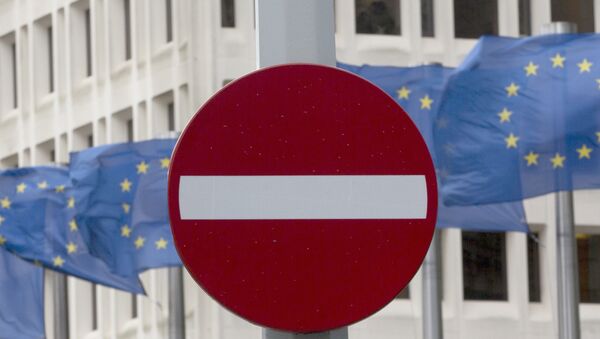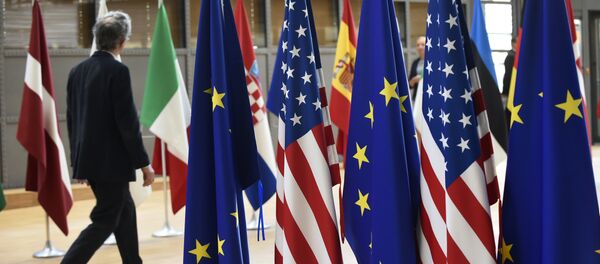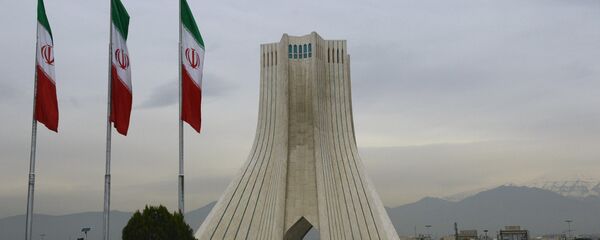Since US President Donald Trump announced his decision to pull out of the Iran nuclear deal and reimpose its sanctions against the Islamic Republic, efforts by EU leaders have been focused on preserving the status quo in relations with Iran and mitigating the effects of the US withdrawal.
On Thursday, European Commission President Jean-Claude Juncker announced that the union will amend its Blocking Statute in order to include the US sanction imposed against Iran in the regulation. As soon as the amendments are adopted, EU businesses will be allowed not to comply with the US restrictions or even demand compensation for losses caused by the US sanctions.
TO AVOID US PENALTIES FIRMS SHOULD ABANDON BUSINESS WITH US
"Reactivating and even modifying the 1996 Blocking Statute will not shield EU companies, banks, and even countries from the US Department of Treasury imposing penalties. An EU company, bank, or government would have to do no business directly or indirectly with US counterparts in order to not feel the impact of US responses," Dr. Jamsheed K. Choksy, the chair of Department of Central Eurasian Studies at Indiana University, said.
Choksy explained that EU firms, in fact, had to choose between business with US entities or Iranian ones and business with US companies was far more economically viable and lucrative than business with Iran.
The head of the Europe of Nations and Freedom group in the European Parliament, Nicolas Bay, agreed with Choksy, saying that the importance of the US and Iranian markets for EU businesses was non-comparable.
POLITICAL ASPIRATIONS VS. ECONOMIC INTERESTS
According to the politician, Brussels' attempts to demonstrate its political independence and significance by preserving the Iran nuclear deal without the United States have nothing to do with purely economic motives of the EU businesses.
"In the current state of the crisis, Jean-Claude Juncker, Donald Tusk and the European Union are only into communication to hide their weakness, because Brussels will not be able to force the banks, the car manufacturers, and all the European companies that depend on the American market to continue to trade with Iran," Bay said.
"Whatever Mr. Juncker says now and the sabre-rattling by some, large and small European companies will never jeopardize their North American business to please the Brussels politicians. Europe is divided; we may be the largest world market but Europe is a political dwarf," Godefridi said.
EUROPE WILL HAVE TO ABIDE
"My analysis when Trump announced the re-establishment of sanctions was that Europeans would have to abide. There is no way Europe could take a different path: America is the backbone of European defense in NATO, America is the first market of Germany and the third of France. No European bank can live without access to the dollar zone," Godefridi predicted.
Jacques Leroy, a French international consultant on deals in the Middle East, believes that in the current situation, taking into account the importance of the US market for European countries, national governments will try to obtain some exemptions for their firms on an individual basis.
"Every European leader will try to obtain ‘special treatment’ from Washington, which is exactly what Donald Trump counts on. Divide to control. Europe will have to bow to US sanctions in the end," Leroy stressed.
IRAN'S SALVATION LIES IN PARTNERSHIP WITH RUSSIA, CHINA
"I do not think [EU politicians] have the stomach to stand up to Trump. The United States wants Iran, Russia, and China to fall on their knees. These three countries must move closer to each other," Mohammad Marandi, a professor at the University of Tehran, recommended.
His views were fully shared by Godefridi, who assumed that Russia and China were independent enough from the US economy to go their own way and trade with Iran.




